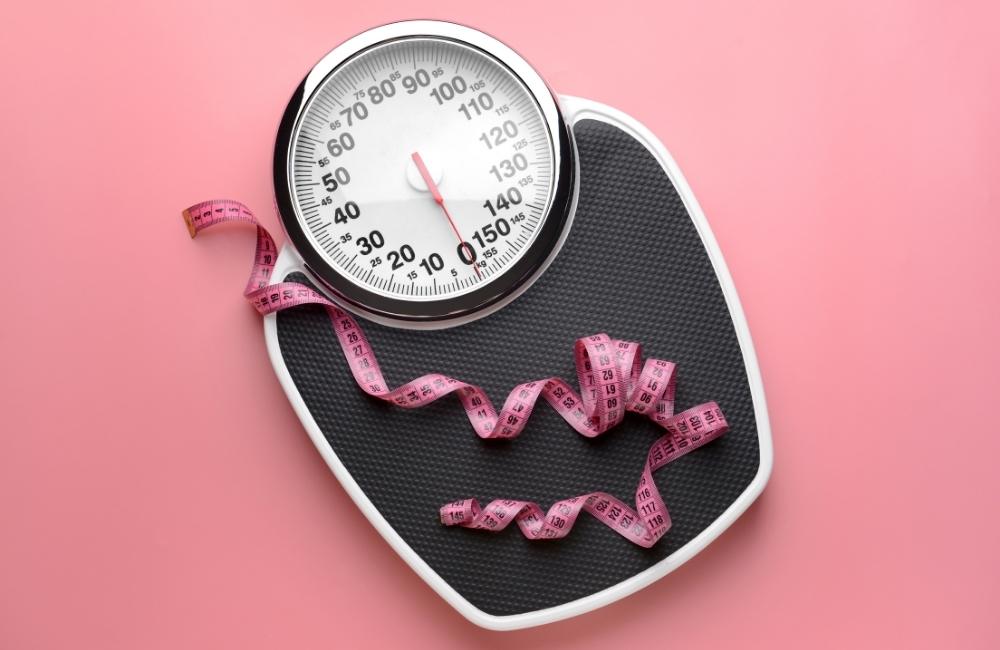
Want to lose weight quickly and improve your health? Multiple studies have now shown that the Mediterranean diet may promote weight loss, prevent heart diseases, increase lifespan, and support healthy aging.
If you’ve ever experienced the rich flavors of the Mediterranean, you’ll be happy to know their eating style comes with many health benefits.
Packed full of nutrient-dense produce, healthy fats, and loads of seafood, this diet is easy to follow.
Better yet, the Mediterranean diet has been proven by research to be beneficial for heart and brain health.
What Is the Mediterranean Diet?

The Mediterranean diet is an eating style based on traditional foods found in areas bordering the Mediterranean Sea.
It came about after research had discovered these areas had a very low risk of chronic disease. Some of the countries studied include Greece, Spain, Italy, and France (1).
There are no strict rules when it comes to following the Mediterranean. There are some guidelines to help give you direction.
This diet is rich in fruits, vegetables, whole grains, healthy fats, and seafood: this diet limits red meats and processed foods.
Based on these guidelines, it’s easy to see why this diet comes with so many health benefits.
In fact, this diet is recommended by health practitioners to help prevent or manage various chronic conditions. These include both heart disease and type 2 diabetes (2, 3).
Health Benefits of the Mediterranean Diet
The Mediterranean diet has been studied for its many health benefits. Most notably, this diet is associated with heart health. Research has found that following the Mediterranean style of eating can help to lower heart disease risk.
It might also help reduce incidences of stroke. It’s even believed to help lower blood pressure, one of the main risk factors for heart disease (4, 5).
Choosing a Mediterranean style of eating is also believed to help support our brain. Studies have found a connection between the Mediterranean diet and decreased incidences of cognitive decline in older adults (60.
Another benefit of following the Mediterranean diet is its connection with blood sugar. Several studies have found this eating style to support healthy blood sugar levels.
This can help reduce the risk of developing insulin resistance and type 2 diabetes. It can also help better manage blood sugar and reduce hemoglobin A1C in those with diabetes (7).
Mediterranean Diet Promotes Healthy Weight Loss

Even though the Mediterranean diet was not intended for weight loss, it can help you lose weight. The Mediterranean diet encourages eating a variety of nutrient-rich foods and limits processed foods.
For this reason, pairing this diet with a healthy lifestyle that includes exercise can help you lose weight.
The types of foods included in the Mediterranean diet are both healthful and beneficial for weight loss.
The Mediterranean diet is high in fiber. Research suggests this nutrient is particularly helpful when it comes to weight loss.
A review of 62 scientific studies concluded that fiber intake can help promote weight loss and reduce waist circumference. This comes without participants being directed to lose weight or reduce their calorie intake.
It simply exhibits the health effect of the fiber-rich Mediterranean Diet.
How to Follow the Mediterranean Diet
Following the Mediterranean diet is not as hard as you might think. Below is a list of foods to eat more of and a list of foods to limit.
Keep in mind you can still have some of the foods on the limit list but only in moderation.
There are no fruits or vegetables that are off-limits on this diet. As a rule of thumb, beware of processed foods marketed as healthy options. Common ones include yogurt with high amounts of added sugars.
Foods to Eat
Fruits, vegetables, nuts, seeds, whole grains, legumes, fish, seafood, poultry, eggs, dairy, herbs, spices, and healthy fats.
Foods to Limit
Added sugars, refined grains, trans fats, refined oils, processed meats, and processed foods.
Despite the variety of countries involved in creating the Mediterranean diet, its main focus is plant foods. Meat and other animal products should be limited.
Seafood should be consumed at least twice a week. Alcohol should be limited unless it is red wine, which can be enjoyed daily (about 1 5-ounce glass).
Coffee and tea are also allowed in the Mediterranean diet but, common additives, such as sugar and creamer, should be limited. Below is a sample 5-day meal plan to show you what following this diet might look like.
Sample 5-Day Mediterranean Meal Plan

Monday:
- Breakfast: Oatmeal with walnuts and blueberries, black coffee
- Lunch: Canned tuna over a bed of mixed greens, shredded carrots, tomatoes, sunflower seeds, crumbled feta cheese, and a drizzle of olive oil
- Dinner: Whole grain pasta salad with olives, artichoke hearts, spinach, tomatoes, olive oil, and balsamic vinaigrette with a glass of red wine
- Snack: Apple with almond butter
Tuesday:
- Breakfast: 2 egg omelets with spinach, mozzarella cheese, zucchini, mushrooms, onions, and black coffee
- Lunch: Sliced chicken breast in a whole grain pita with hummus, feta cheese, olives, red onion, arugula, and tomato
- Dinner: Salmon with brown rice and roasted vegetable medley, a glass of red wine
- Snack: Mixed berries with Greek yogurt
Wednesday:
- Breakfast: Greek yogurt with mixed berries, whole grain toast, and peanut butter with black tea
- Lunch: Falafel bowl with brown rice, roasted veggies, and hummus.
- Dinner: Marinated shrimp in olive oil with farro and a side garden salad with a glass of red wine
- Snack: baby carrots with mashed avocado
Thursday:
- Breakfast: Cottage cheese with fresh strawberries and unsweet black tea
- Lunch: Whole grain pasta primavera with roasted vegetables
- Dinner: Egg salad with mashed avocado on whole grain pita bread with a side of an orange
- Snack: Banana with a handful of almonds
Friday:
- Breakfast: Sweet potato bowl with chia seeds, sliced banana, and a drizzle of almond butter with black coffee
- Lunch: Caprese salad with avocado, tomato, mozzarella, chickpeas, and red onion with a glass of red wine
- Dinner: Grilled salmon with quinoa and roasted zucchini slices
- Snack: sliced cucumber with hummus
Bottom Line
The Mediterranean diet is a rich mix of different cultural foods from countries bordering the Mediterranean Sea.
With an emphasis on fruits, vegetables, healthy fats, and seafood, research has found a myriad of health benefits associated with those who follow it.
There are no strict guidelines for the Mediterranean diet, making it an easy fit for many populations. If you haven’t already, give some of these Mediterranean diet guidelines a try.


